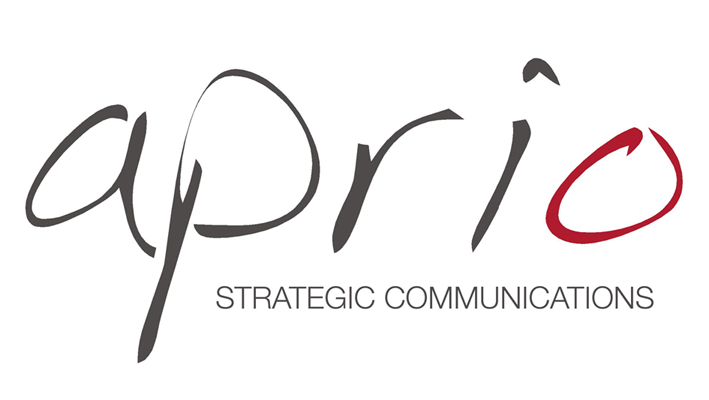While my firm is incredibly fortunate to employ some of the very best PR and social media practitioners, we’ve also had a number of staff members who simply weren’t cut out for our business. Sure, they were good, hard-working people, but the writing was on the wall early on that they weren’t cut out for public relations.
Here are a few key indicators that PR might not be a good career path for you:
1. You receive critical feedback, well, critically.
Critical feedback is a way of PR life and professionals in this business are required to have thick skin. Even the very best piece of secured coverage can generate commentary from a colleague or client about a key message that was missed; the most successful social media campaign may result in a request for more “likes” or a greater number of followers. And that’s the results end of the campaign.
The feedback during materials development and/or project management is typically without a filter and often comes from a number of sources including colleagues, managers, and clients. Critical feedback is part of the gig, and the best you can do is embrace it, learn from mistakes, and improve moving forward.
Can’t handle it? Consider another career.
2. You think the PR job (or project) is finished.
An old and great client of mine, Jim Gustke, now the vice president of marketing at Internet phone company Ooma, once told me (wisely) that the problem with PR (and social media, marketing, etc.), is it’s never finished. PR people can always do more. And these were the words of a satisfied client—one who understood that the agency support I was providing his organization was the very best I could do under the budget, program, and business circumstances.
You may come to the “end” of a launch, or a short-term client project may be “over,” but there’s always the next thing, the higher level. You can send one more pitch, or comment on one more blog. You can spend more time prepping your spokesperson for the next interview, or spend more time following-up with a key contact.
In general, there’s always more to do and you should always be thinking of “what’s next.” If this isn’t in your makeup, you might start thinking about what comes next—after PR agency life.
3. Breaking news means nothing to you.
If you wake up one morning and realize that you couldn’t care less about what’s happening in the category in which you and your clients work, start thinking about your next career step.
PR pros are expected to embrace the energy and enthusiasm that surrounds their clients’ categories. Do you keep up with current events? Are you a voracious reader? If your answer is “no,” you really ought to consider a new line of work.
4. You have a perpetually low energy level.
Does this sound familiar: After several coffees in the morning, your pulse barely registers? If so, the career gods are waving a large red flag in your direction and letting you know to pick another path.
There’s natural and trained enthusiasm—and PR requires both. Trained enthusiasm is a person’s ability to credibly show enthusiasm for a topic without necessarily feeling the love. We’re not talking about faking it, but rather knowing how to make your client, colleague, or media target know that you are “genuinely” pumped about the latest and greatest. PR is a high-energy gig—and that’s one of the reasons why I love it as I do—and a lack of juice is synonymous with a “slow fade” from the PR biz.
5. You are educated and you’ve been trained, but you can’t talk or type your way out of a paper bag.
This likely seems harsh, but this list is incomplete without mentioning basic and solid communication skills. It should be a glaring sign to hang your professional hat elsewhere if you struggle with finding the right words to say or type.
I wouldn’t expect any of our clients to rely on a communicator who is anything less than top-notch. While such standards aren’t as critical at the start of a career, you need to reach them relatively quickly, ensuring that colleagues and clients have confidence in your ability to deliver key messages.
Can’t write? Can’t effectively talk with clients? You know what I’m going to say next.
What have I missed?
Scott Signore is the principal and CEO of Matter Communications, which is celebrating its 10th anniversary as a firm next week.

No comments:
Post a Comment